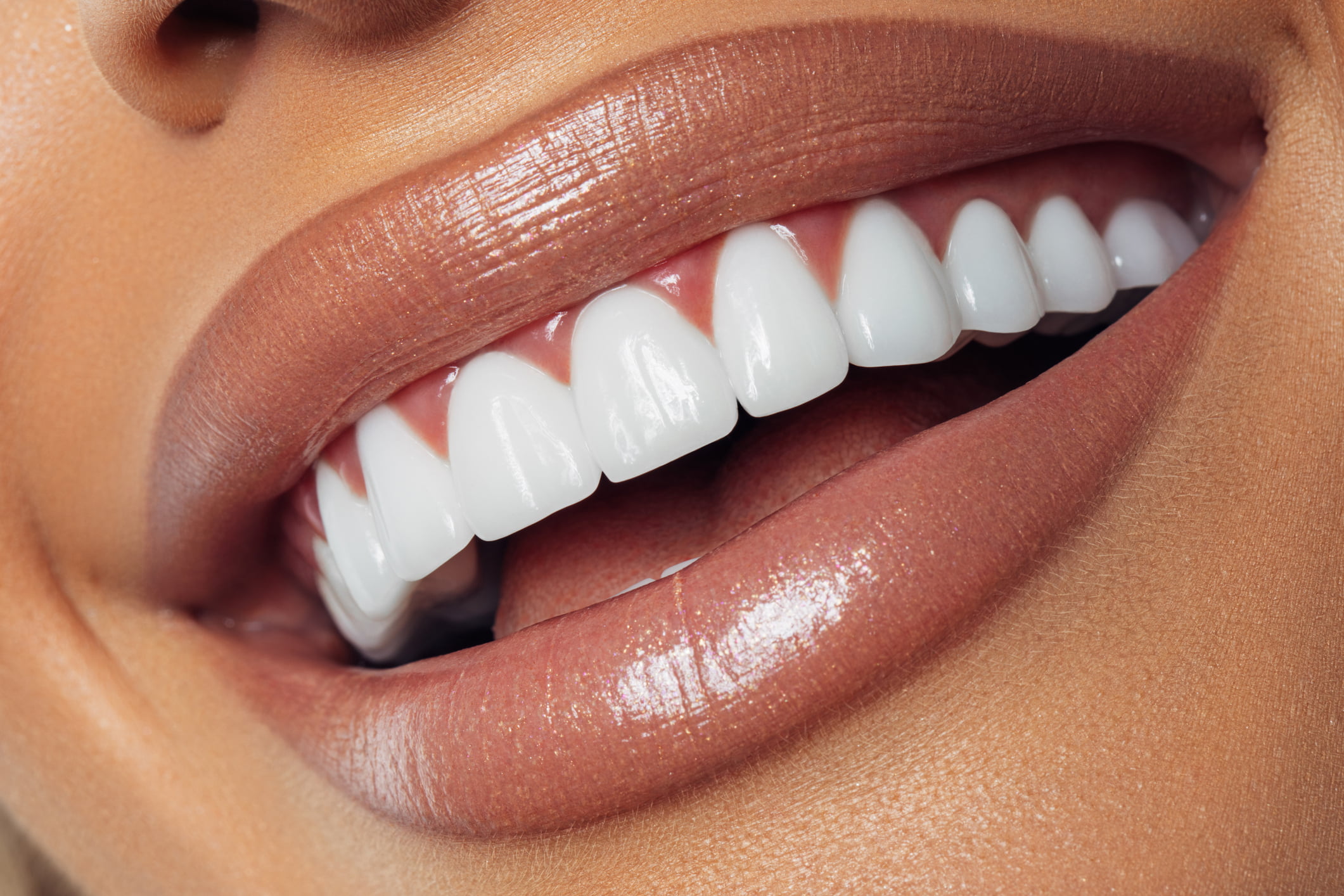Veneers
Home » Treatments » Cosmetic Dental Treatments » Veneers
Veneers are used to mask discolouration, an irregular shaped or chipped tooth and to fill gaps between teeth. They are usually fitted to the front of the upper teeth to enhance your smile or to help protect a damaged tooth.
Thanks to modern materials, we can create thin, strong veneers. They offer a minimally invasive way to transform teeth, as only a very thin layer of outer enamel is removed. In some cases, we don’t have to damage the tooth at all.

It is important that your teeth and gums are healthy before we proceed with veneers. If we are altering the shape of the teeth, we take moulds or ‘impressions’ of your teeth and create a wax mock-up in the laboratory, so you can see a preview of what the final result will look like.
We then prepare the tooth by removing some of the shiny, outer enamel surface of the tooth, to make sure that the veneer will bond well later. Often a local anaesthetic is not needed as the amount of enamel being removed is tiny. If we are not altering the shape of the tooth, the amount of enamel removed will be the same as the thickness of the veneer to be fitted. We take impressions of your prepared teeth, which the dental laboratory use to make models on which your new veneers are crafted.
As the preparation of the tooth is so slight you will probably not need a temporary veneer and the tooth will look very much the same after preparation, but will feel slightly less smooth.
At the second ‘fit’ visit, we try the new veneer against your tooth to make sure you are entirely happy with the colour and shape of it. We fix the veneer in place with a special dental adhesive, which bonds the veneer firmly onto the tooth. We like to see you again a week or so after the veneers have been fitted, to check and polish them and ensure that you are happy.
Veneers should last for many years but they can chip or break, just like your own teeth can. It is important to treat them with care, so we would advise that you do not bite your fingernails, chew pen tops, or use your teeth to grip anything. It is also probably advisable to steer clear of very hard foods that could cause damage to the veneer.
Small chips can be repaired, or a new veneer made if necessary. As with your other teeth it is important to care for your veneer with regular brushing and interdental cleaning. Our hygienists will show you how to keep on top of your dental hygiene and will keep a close eye on the health of your gums.
Veneers have the potential to last for many years. If some of your natural tooth enamel has been removed to make way for the veneer, the treatment is not reversible and your veneer will need to be replaced if it becomes damaged.
Yes, treat your veneers just like natural teeth, brushing twice a day and using floss or interdental brushes regularly. Veneers can’t decay, but the natural tooth underneath can, so it is important this remains a strong foundation.
We use local anaesthetic to minimise any discomfort during treatment, and it shouldn’t be painful. You may feel some sensitivity in the first few days following the procedure, but this is temporary and will soon fade.